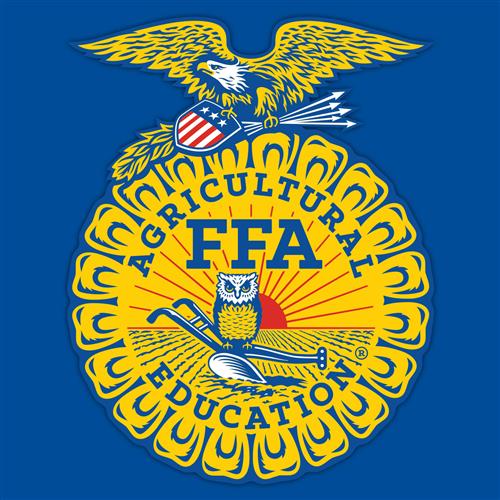Agriscience Pathway
Year 1: Sustainable Ag Biology
This course is a laboratory science course, designed for college-bound students that focuses on growth and reproduction, genetics, animal behavior, animal and plant taxonomy, nutrition, health and disease, and the ecological relationship among plants, animals, and humans. Sustainable Ag Biology satisfies the FJUHSD Life Science graduation requirement, UC "d" and/or "g" requirements recommended for freshmen.
Year 2: Ag Soil Chemistry
This course explores the physical and chemical nature of soil as well as the relationships between soil, plants, animals, and agricultural practices. Students will examine the properties of soil and land and their connections to plant and animal production. Using knowledge of scientific protocols as well as course content, students will develop an Agriscience research program to be conducted throughout the first semester of the course. To complete that whole project, each student will investigate and test an Agriscience research question by formulating a scientific question related to the course content, formulating a hypothesis based on related research, conducting an experiment to test the hypothesis, collecting quantitative data, and forming a conclusion based on analysis of the data. The result of this research program will be an in-depth research and experimentation paper that is technically written, based on scientific protocol, and cited using APA formatting. Additionally, students will develop and present a capstone soil management plan for agricultural producers, using the content learned throughout the course. Throughout the course, students will be graded on participation in intracurricular FFA activities as well as the development and maintenance of an ongoing Supervised Agricultural Experience (SAE) program.
Animal Science Pathway
Year 3: Veterinary Science
Veterinary Science provides a study of the anatomy and physiology of small and large animals, proper health maintenance, sanitation, and the symptoms, treatment, and prevention of common diseases. This course utilizes our farm animals for hands-on labs and allows students to visually see processes and body parts for deeper learning. Along with the outside laboratory, we utilize the classroom as an indoor laboratory space for dissections, suturing techniques, and simulating blood draws and injections. This course satisfies the UC "d" and/or "g" requirements. Recommended for Juniors.
Year 4: Advanced Animal Science
This course will provide the student with principles in Animal Science, focusing on the area of livestock production, anatomy, physiology, reproduction, nutrition, respiration, and genetics. While Veterinary Science focuses more on the pet industry, this course goes in-depth into the livestock industry, focusing heavily on production, misconceptions, reproduction, and the different systems within the body. This course is intended to successfully prepare those students who plan on majoring in Agricultural Sciences at a college or university. Frequent opportunities are given to develop and apply rational and creative thinking processes of observing, comparing, organizing, relating, inferring, applying, and communicating. Also, there is an emphasis on developing values, aspirations, and attitudes that promote the student's understanding of personal involvement with the scientific discoveries of the future. There are ample opportunities for hands-on class participation with animals in this class to enable students to demonstrate their knowledge of restraint, handling, behavior, etc.







